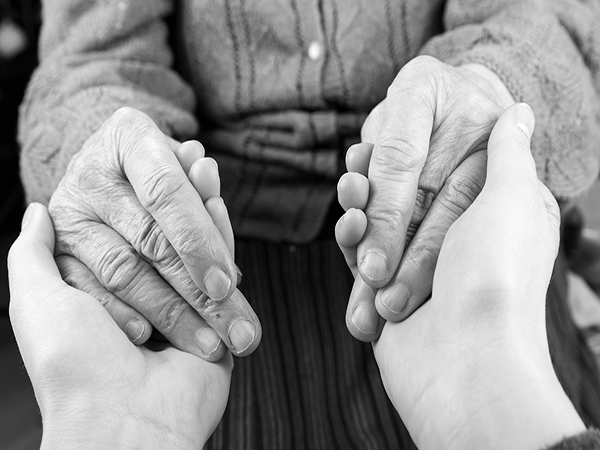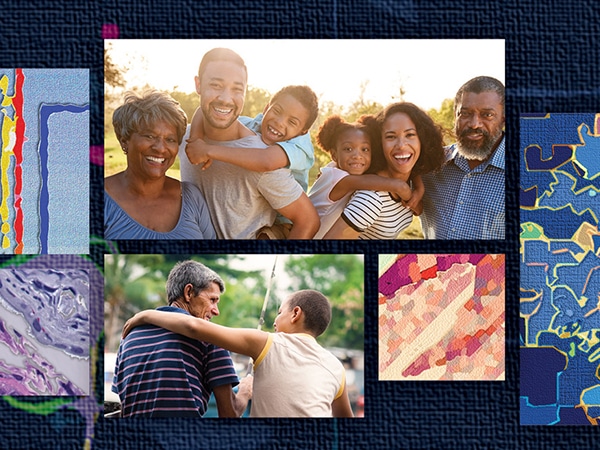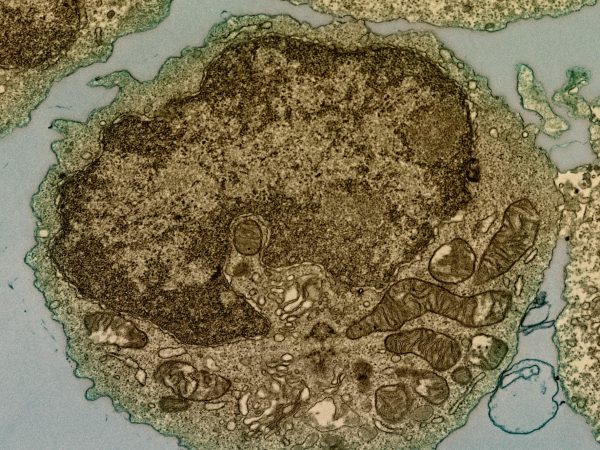Cancer Today Shares Advice on Caregiving During National Family Caregivers Month
With coronavirus infections on the rise, we all feel the strain of the pandemic. The stress has deepened for those who are caring for people who are affected by cancer and other conditions. Social distance and isolation—conditions that come with the arduous task of caregiving in normal times—are heightened in efforts to contain the coronavirus.
In October, The Associated Press-NORC Center for Public Affairs Research published results from a survey of 1,893 Americans that showed that 17 percent of respondents are providing some sort of care to an aging family member or friend. About one in 10 caregivers has started this role since the pandemic outbreak—with half of those people noting that they are providing care specifically as a result of the coronavirus. While the poll was focused on caring for older Americans, it’s reasonable to assume that some of these people are helping family members or friends through a cancer diagnosis. To commemorate National Family Caregivers Month, Cancer Today, which is published by the American Association for Cancer Research (AACR), highlights some advice and extra support for those shouldering this added weight.

In its fall issue, Cancer Today published advice on what to do when patients don’t follow the doctor’s orders. “It might seem like your loved one is just being stubborn, but illogical decisions may be a form of self-preservation,” notes Carrie Wechsler, a clinical oncology social worker at the Dana-Farber Cancer Institute in Boston, who was interviewed in the article. As patients deal with their own sense of loss, their choices may be a way to keep some sense of normalcy, she explains, which is why caregivers may need to let patients make their own decisions at times. In other cases, it’s helpful to have a referee.
In another column published in Cancer Today, Hester Hill Schnipper, a licensed clinical social worker, underscored the necessary step of setting boundaries. The advice is essential for caregivers and patients alike as the holiday season approaches. Setting boundaries is hardly ever easy, but it’s a way to honor ourselves, Schnipper notes. Saying “no” during a pandemic may also ensure a loved one’s safety. “It’s OK to ask where a person has been and if they routinely wear masks in public. Your health depends on it,” Schnipper writes. “Say ‘no’ to invitations if you feel any hesitation to attend, including if you have any concerns that you might be exposed to the coronavirus,” she adds in the column.
Cancer is scary enough on its own, but columnist Karen J. Bannan, who cared for her mother while she had stage 4 non-small cell lung cancer, writes about how she learned to accept her own anger and overcome her feelings of powerlessness. “I came to recognize those hours in the car with my mom as opportunities to spend time together, just us,” Bannan writes, in the summer issue, after describing a particularly dramatic meltdown weeks prior. “It was time we would not have had together if she were well. In this way, my anger led me to broaden my perspective and even find a little grace.”
During National Family Caregivers Month, Cancer Today and the AACR wish families and those affected by cancer this same grace and space in these difficult times. Cancer Today, a magazine and online resource for cancer patients, survivors, and caregivers, offers free subscriptions for anyone who is affected by the disease.




I have been reading posts regarding this topic and this post is one of the most interesting and informative one I have read. Thank you for this!